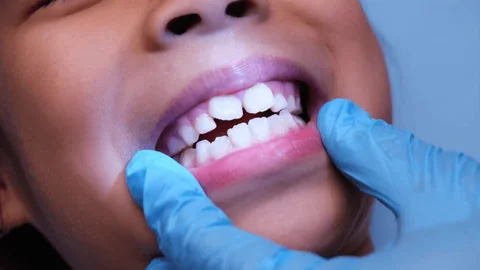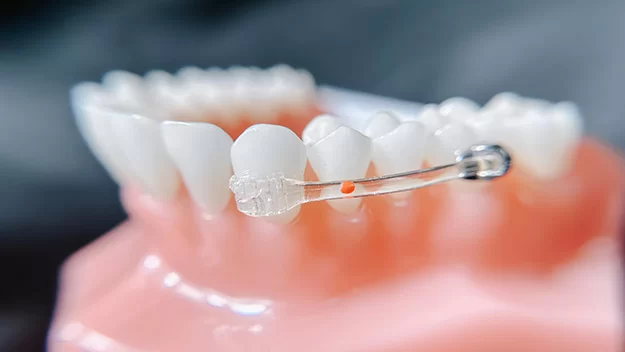What Is a Cleft Palate?
Discover Smile-Friendly Tips
About one in every 2,000 babies are born with a cleft palate, a birth defect in which a part of the roof of the mouth does not form properly, resulting in a gap. It affects the development of speech and feeding muscles. Cleft palate is often linked to genetics.
While mild cleft palates don’t cause as many severe problems as more extensive clefts, they still require treatment—and there are many experienced doctors to help.
Treatment Options for Cleft Palate
Surgery
Clefts create holes in the palate that need to be repaired. Surgery is how this is done. It is often completed between the ages of nine and eighteen months. The hole, or holes, is closed and the muscles return to their proper locations. A mild cleft should only require one surgery.
Speech Therapy
Since the muscles required for speech are affected by a cleft palate, speech therapy may be required.
- An initial evaluation is done before the first surgery.
- After the surgery, the child is evaluated again.
- If necessary, the child will receive speech therapy to develop normal speech patterns.
Orthodontic Treatment
A cleft palate affects the development of the mouth, which means that the jaw and teeth may not grow in properly—especially if the cleft continues into the gum line.
- A child will receive orthodontic treatment to correct this growth.
- Treatment may continue into the teen years to assure proper development.
- If a bone graft is needed, orthodontic treatment will also prepare the mouth for this surgery.
Alveolar Bone Graft
When the cleft continues into the jaw, there is a hole under the gums. An alveolar bone graft fills that hole with bone marrow, which will then harden into bone, correcting it. This particular treatment, if needed, is done between the ages of six and nine.
Hope for the Future
Cleft palates can cause physical developmental problems. Fortunately, when mild, they can be easily fixed—and the child affected can live their life just like any other normal child.
Let’s Get Started
Ready to schedule your first visit? You can book an appointment online or give us a call. We’re excited to meet you and help you begin your journey to a healthier, brighter smile.



